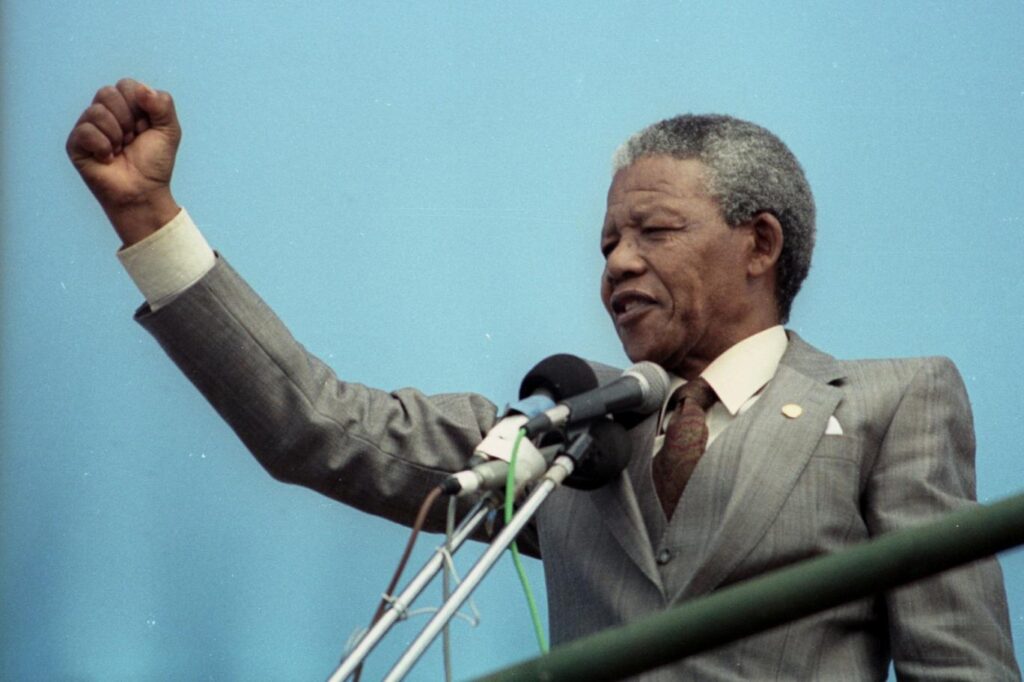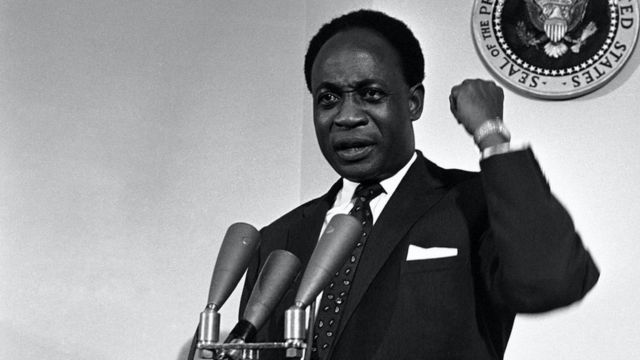
Africa, often referred to as the “Dark Continent,” has a history illuminated by the resolute struggle for independence from colonial powers. The 20th century witnessed an era of remarkable transformation, as African nations embarked on a journey toward self-governance, spearheaded by charismatic leaders and visionary thinkers. The continent’s independence movements not only changed the course of history but also became a beacon of inspiration for nations striving for autonomy and dignity.
A Continent Awakens: The Era of Independence Movements
The mid-20th century marked a turning point in Africa’s history, as colonial powers began to lose their grip on the continent. A series of independence movements spread like wildfire, with African leaders and activists demanding an end to foreign rule and the establishment of sovereign states. One of the earliest and most influential independence movements was Ghana’s struggle for freedom, led by the iconic Kwame Nkrumah. Ghana became the first sub-Saharan African nation to gain independence in 1957, setting a powerful precedent for other nations.
Prominent Figures Who Paved the Path to Freedom
- Kwame Nkrumah (Ghana): Widely regarded as the “Father of African Nationalism,” Nkrumah played a pivotal role in advocating for pan-African unity and self-determination. He led Ghana to independence and worked tirelessly to create a united Africa.
- Jomo Kenyatta (Kenya): Kenyatta was a staunch advocate for Kenyan independence from British rule. After being imprisoned for his activism, he went on to become the first President of Kenya upon its independence in 1963.
- Julius Nyerere (Tanzania): Nyerere led Tanganyika to independence and later played a significant role in the merger of Tanganyika and Zanzibar, forming the United Republic of Tanzania. He emphasized the importance of socialism and self-reliance.
- Patrice Lumumba (Democratic Republic of Congo): Lumumba’s passionate plea for Congo’s liberation from Belgian colonialism resonated deeply with his people. He became the first democratically elected Prime Minister, although his tenure was tragically short-lived.
- Nelson Mandela (South Africa): While not an early advocate for independence, Mandela’s tireless fight against apartheid became a symbol of resistance against racial oppression. His eventual release from prison and election as South Africa’s first black president marked a historic triumph for equality.

Legacy and Lessons
The struggles for independence in Africa were not without challenges and sacrifices. Leaders faced political persecution, imprisonment, and even assassination for daring to challenge colonial powers. Yet, their unwavering determination and commitment to their nations’ welfare galvanized their people and ultimately led to liberation.
These movements underscored the importance of unity, resilience, and the power of grassroots activism. They demonstrated that ordinary citizens, when mobilized, can effect profound change and reshape the destiny of nations. Moreover, Africa’s independence movements ignited a renewed sense of pride and identity, fostering a deeper connection to the continent’s rich cultural heritage.
A Continuing Journey
As we reflect on Africa’s independence movements and honor the courage of its trailblazing figures, it is essential to recognize that the journey towards true independence is ongoing. Challenges related to governance, socio-economic development, and regional conflicts persist. However, the spirit of those who fought for freedom continues to inspire new generations of Africans to strive for a better future.
Africa’s history is a testament to the indomitable human spirit and the relentless pursuit of justice. As the continent continues to evolve, it does so with the legacy of its past leaders as a guiding light, reminding us that the struggle for freedom is never in vain.
